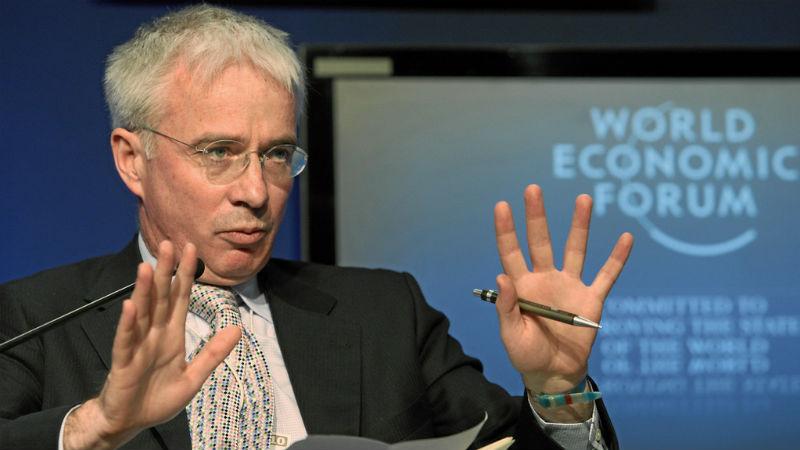Africa-Press – Eswatini. The Fund declared that the enormous resources it has mobilized are bearing fruit and that “the recovery is under way”. As of March 2020, the Global Fund said it has invested more than $4.4 billion to fight the Covid-19 pandemic and mitigate its impact on its programs.
The Global Fund to Fight HIV/AIDS, Tuberculosis and Malaria will appeal for donations to raise US$18 billion to save 20 million more people from these diseases.
“We’ve made tremendous progress,” said the Global Fund, a global partnership created in 2002 to fight these three diseases, in its annual report released yesterday, noting that 50 million lives have been saved in the last 20 years.
“But our fight is not over”, warned the Fund, highlighting a series of crises, from climate change and conflicts to the Covid-19 pandemic, that “threaten with a setback”.
The Fund will launch a fundraising call in New York next week, in which it expects to raise at least $18 billion to cover its programs in the period between 2024 and 2026.
Bringing together governments, multilateral agencies, bilateral partners, civil society groups, people affected by disease and the private sector, the Fund estimates that funding would help reduce deaths related to HIV, tuberculosis and malaria by nearly two-thirds and save 20 million of lives.
Last year, it warned that the Covid-19 pandemic, in particular, was having a devastating impact on its efforts, driving it into decline for the first time in its history.
Meanwhile, the Fund declared that the huge resources it has mobilized are bearing fruit and that “the recovery is under way”. As of March 2020, the Global Fund said it had invested more than $4.4 billion to fight the Covid-19 pandemic and mitigate its impact on its programs.
The head of the Fund, Peter Sands, however, emphasized that, “although most countries fighting HIV, tuberculosis and malaria have started to recover from the ravages of Covid-19”, efforts must be accelerated to meet the target. to “end these diseases by 2030”.
Sands insisted that the 50 million lives saved in two decades are “proof that global commitment can reverse the world’s deadliest infectious diseases.”
The Global Fund, which provides nearly a third of all international funding to fight HIV, said the number of people who received antiretroviral therapy last year rose to 23.3 million from 21.9 a year ago.
The number of people reached by prevention services has risen again, after falling in 2020, reaching 12.5 million people worldwide, he added.
But about 10 million people living with the virus do not have access to these drugs, he warned. And while AIDS-related deaths have dropped by 50 percent since 2010 to 650,000, last year it fell short of the goal of reducing deaths to less than 500,000 a year by 2020.
The pandemic has had a particularly severe impact on the fight against tuberculosis, with many resources diverted to combating Covid-19. In 2020, 1.5 million people died from tuberculosis, making it the second deadliest infectious disease after SARS-CoV-2.
But the Global Fund, which provides 76% of all international funding to fight TB, is seeing signs of improvement. In 2021, the number of people on treatment was 5.3 million, including 110,000 patients with drug-resistant tuberculosis, Sands said.
The pandemic has also taken a toll on the fight against malaria, with service interruptions and raising deaths by 12% in 2020 to about 627,000.
But the Fund has noticed a rebound in its programs, with about 280 million suspected cases tested and 148 million treated last year. At the same time, 133 million mosquito nets were distributed.
For More News And Analysis About Eswatini Follow Africa-Press







